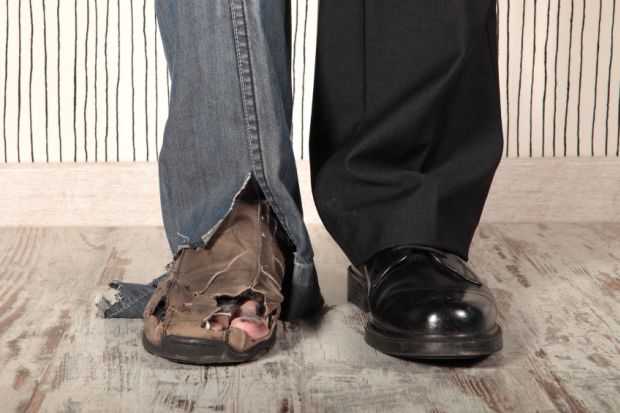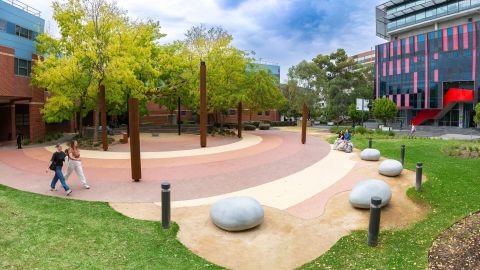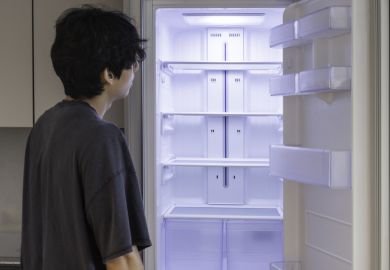Australians’ studies are being undermined either by financial stress or the jobs they take to help manage that stress, a new study suggests.
The Swinburne University surveys found that more than half of students were struggling to meet basic living costs, with a similar proportion reporting that their financial stress impacted on their studies.
Almost two-thirds of respondents had paid jobs, with some working as much as 55 hours a week. The study found that this group was “significantly less likely” than students without jobs to suffer high levels of financial stress.
But more than three-quarters of employed students said the time spent at work interfered with their studies, with one in six saying they risked failing courses as a result.
The results of the 2018 Higher Education Accommodation and Financial Stress Survey suggest students are caught between a rock and a hard place when it comes to managing Australia’s soaring housing and food costs on one hand, and the demands of study on the other.
“This points to a possible imbalance between the need to work long hours to offset the costs…with the time required to succeed at university,” the report says.
The study quizzed more than 1,200 mostly full-time, on-campus students about their experiences in two online surveys timed 12 months apart. While the report acknowledges the possibility of response bias, with students under financial stress “more inclined” to answer questions about the issue, almost half of the respondents claimed to have financially privileged backgrounds.
The report concludes that 53 per cent of students are under “moderate to high” stress to meet study and living costs, with those on Youth Allowance benefits among the most at risk. It follows 2018 findings by the Australian Council of Social Services that almost two-thirds of Youth Allowance recipients have incomes below the poverty line.
More than one in seven respondents in the new survey said they skipped meals because they could not afford food, echoing Universities Australia’s finding last year that around 15 per cent of students regularly do without necessities because of the cost.
One in seven students also say they have experienced homelessness, and 4 per cent have stayed overnight at the university because they had nowhere else to sleep, the new study found. Two per cent were homeless at the time of the study.
The report says these findings are “not surprising” given that of the 100,000-plus Australians counted as homeless in the country’s 2016 census, 9 per cent had been university or vocational education students.
The new study also found that 53 per cent of respondents reported symptoms of “high to very high levels of psychological stress”, as measured by the 10-item Kessler scale of anxiety and depression. This result reinforces calls for university student wellbeing to be considered a “serious public health issue”, the report says.
Meanwhile, a separate report by UNSW Sydney has found international students are being hoodwinked by landlords who exploit the visitors’ lack of knowledge of local conditions and rules.
“Many international students pay money upfront to unverified landlords they find online,” said co-author Maria Nawaz, a lecturer and supervisor at the UNSW Human Rights Clinic. “When they arrive in Sydney and [the] housing turns out to be much worse than advertised or other things go wrong, they’re often not legally protected.”
Register to continue
Why register?
- Registration is free and only takes a moment
- Once registered, you can read 3 articles a month
- Sign up for our newsletter
Subscribe
Or subscribe for unlimited access to:
- Unlimited access to news, views, insights & reviews
- Digital editions
- Digital access to THE’s university and college rankings analysis
Already registered or a current subscriber?












